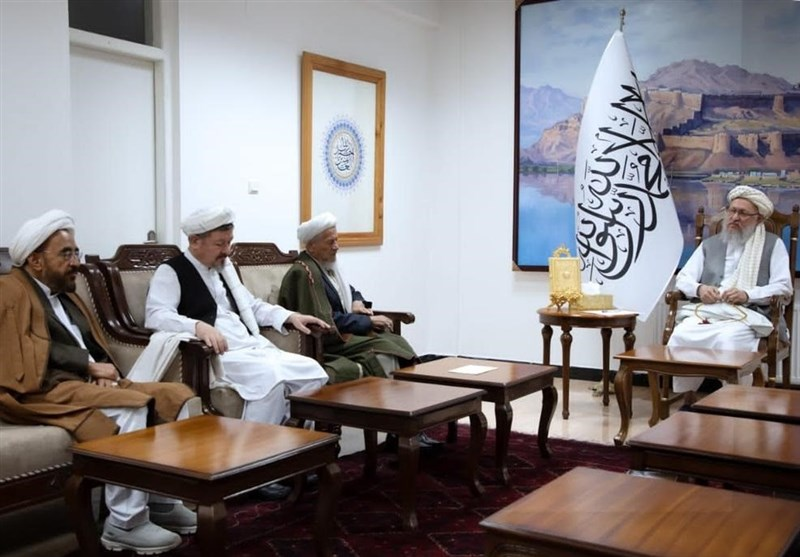RASC News Agency: Despite a series of closed-door meetings between senior Shia clerics and Taliban officials, Afghanistan’s Shia community continues to face systemic exclusion and the denial of basic religious freedoms under the current regime. In a carefully worded public statement, a delegation of prominent Shia scholars expressed their deepening concern over the erosion of social protections and the Taliban’s persistent refusal to recognize the country’s religious diversity. While the exact content of these recent discussions remains undisclosed, the context and history surrounding Taliban governance leave little room for optimism.
The lack of transparency has only intensified speculation that critical issues including the right to observe religious ceremonies, institutional representation, and legal recognition remain unresolved or deliberately ignored. Analysts point to the Taliban’s longstanding strategy of consolidating power within a narrow ideological framework, which has historically excluded ethnic and religious minorities. This is not merely bureaucratic oversight; it reflects a deeper ideological hostility toward pluralism itself.
Reports have surfaced in recent months detailing coercive pressures on Ismaili communities in various provinces, including forced religious conversions and the intimidation of clerics. These accounts suggest a broader campaign to suppress non-Sunni Islamic sects and homogenize Afghanistan’s religious landscape in accordance with the Taliban’s rigid interpretation of Islam. In a rare public defense, Abdul Salam Hanafi, the Taliban’s Deputy Prime Minister for Administrative Affairs, claimed, “All citizens of Afghanistan are equal under the Islamic Emirate, and discrimination has no place in our system.” He further promised that development initiatives would be evenly distributed nationwide. Yet these assurances ring hollow in the face of mounting evidence to the contrary. The Taliban’s actions including the prohibition of key Shia religious observances such as Ashura, the rescission of the Shia Personal Status Law, and the removal of Shia-related texts from public institutions signal a calculated effort to erase the legal and cultural presence of an entire religious demographic.
Prominent Shia leader Waezzada Behsudi has been among the few voices publicly urging the Taliban to abandon their monopolistic approach to governance. In previous statements, Behsudi warned that the regime must evolve from an insular, exclusionary administration into a truly national and representative government one that reflects Afghanistan’s rich mosaic of ethnic and religious communities. Without such transformation, he cautioned, the Taliban will remain a pariah both at home and on the world stage. Over the past four years, repeated overtures by the Shia community for inclusion and legal recognition have been met with vague platitudes or outright dismissal. Instead of engaging in genuine dialogue, the Taliban continue to label any demand for inclusive governance as “foreign interference,” even as they preside over one of the most religiously repressive regimes in recent Afghanistan’s history.
The Taliban’s deliberate erasure of institutional protections for religious minorities and their refusal to even acknowledge these violations reflects not only political intransigence but an ideological unwillingness to coexist with difference. In today’s Afghanistan, the promise of equality is rhetorical at best. For Shias and other marginalized groups, the lived reality is one of exclusion, erasure, and fear. Unless the international community and domestic actors demand enforceable guarantees for religious and minority rights, the Taliban’s vision of Afghanistan will remain one in which only a narrow segment of society is granted full citizenship while the rest are silenced into submission.






